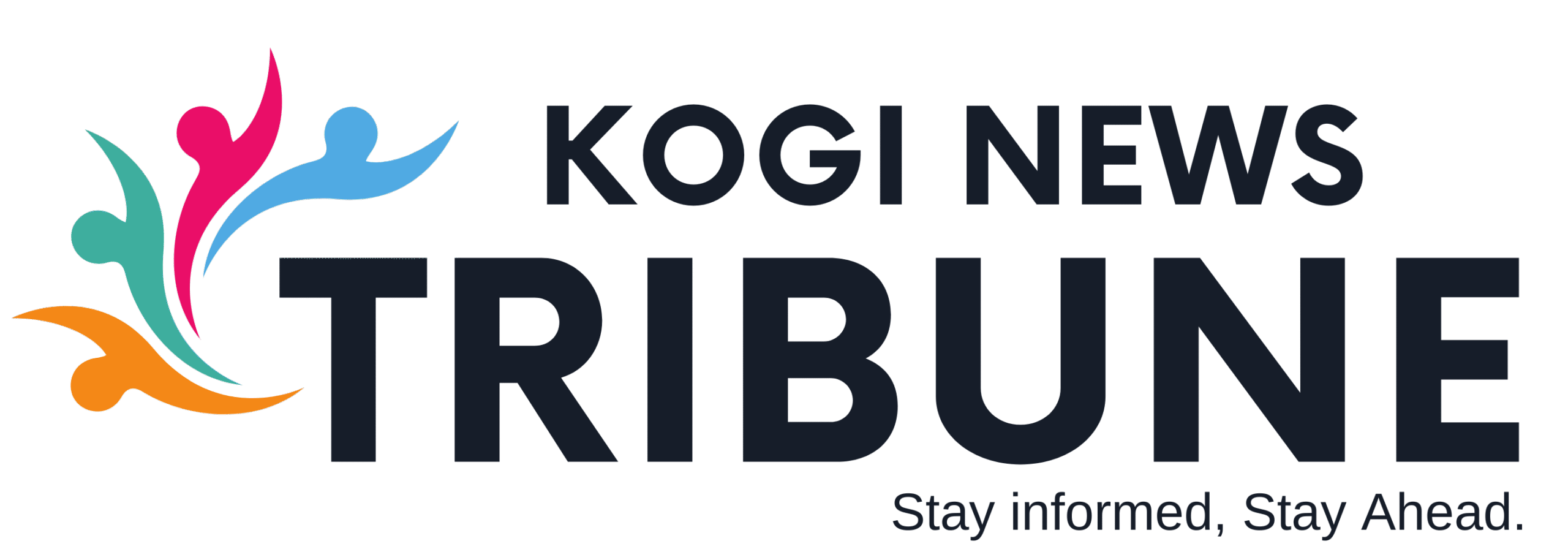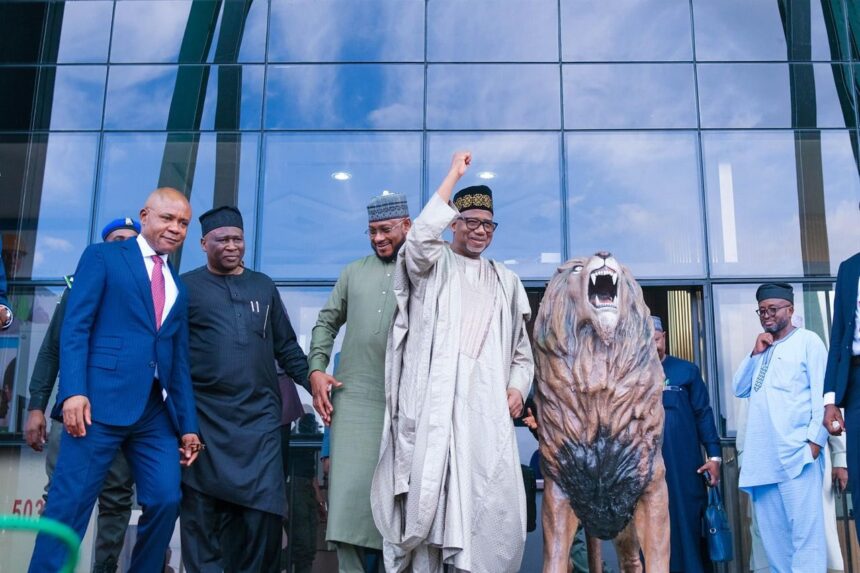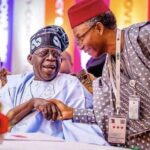As the political temperature begins to rise ahead of the 2027 general elections, fresh cracks have emerged within Nigeria’s leading opposition party, the Peoples Democratic Party (PDP), as former Vice President Atiku Abubakar’s push for a united opposition coalition faces stiff resistance from PDP governors.
Atiku, who contested the 2023 presidential election on the PDP platform and is widely believed to be eyeing another run, has strongly advocated for the formation of a broad opposition alliance to challenge the ruling All Progressives Congress (APC) and President Bola Tinubu.
However, his coalition drive has met a roadblock from within his party.
Rising from a meeting in Ibadan on Monday, the PDP Governors’ Forum, chaired by Bauchi State Governor Bala Mohammed, categorically stated that the party would not participate in any coalition or merger. The communique issued after the meeting clarified that while the PDP remains open to welcoming individuals or parties into its fold, it will not dissolve or merge into a larger opposition bloc.
“Noting the nationwide speculations about possible merger of political parties, groups and/or associations, the Forum resolved that the PDP will not join any coalition or merger,” the statement read. “However, the PDP as a major opposition party welcomes any party, persons or groups that are willing to join it with a view to wrestling power and enthroning good leadership in 2027.”
This position stands in sharp contrast to Atiku’s earlier pronouncements. On March 20, Atiku appeared alongside former Labour Party presidential candidate, Peter Obi, and former Kaduna State governor, Nasir El-Rufai, to announce the formation of a political coalition aimed at unseating President Tinubu in 2027.
Reacting to the governors’ stance, Atiku, through his media aide Paul Ibe, downplayed the rift, insisting the coalition is a people-driven initiative and not just a partisan project.
“The governors are key stakeholders of any party, not just the PDP. They are important, as are all other stakeholders, including ordinary Nigerians,” Ibe stated. “The coalition is a pan-Nigerian movement and project. At the start of this journey, we conducted internal polling, which indicated that this was the path we should take to redeem Nigeria.”
He added that while the governors’ position warrants dialogue, it does not represent a setback.
“I believe it’s still early days, and there will be alignments and realignments. This is a Nigerian project with Nigerians at its heart. It’s difficult to derail something when the people have taken ownership of it,” he said.
Meanwhile, internal discord within the PDP deepened over the ongoing leadership tussle regarding the office of the National Secretary. The Forum reaffirmed its earlier recognition of Sunday Ude-Okoye but agreed that following the Supreme Court ruling, Deputy National Secretary Setonji Koshoedo would serve in acting capacity pending a new nominee from the South-East.
The PDP has been grappling with internal strife since its loss in the 2023 elections, and the Supreme Court’s recent judgment nullifying Ude-Okoye’s removal has added another layer of complexity to its leadership crisis.
As the opposition continues to jostle for direction ahead of 2027, analysts believe how the PDP manages both its internal cohesion and its relationship with emerging coalition efforts could be pivotal in determining its relevance in the next electoral cycle.





